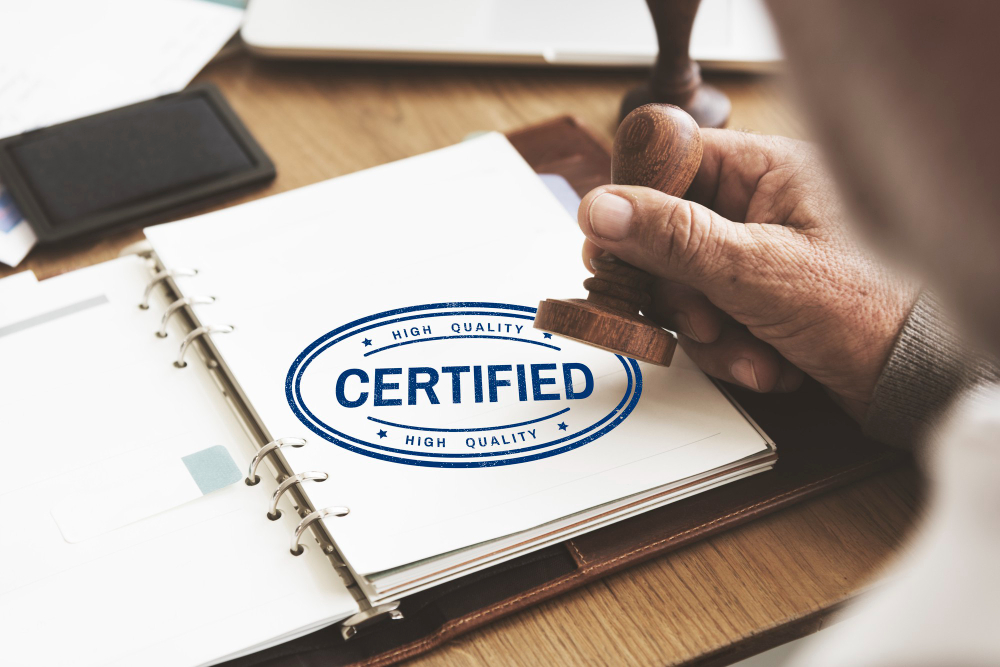Halal Certification: Expand Your Market with Official Halal Certification
As the global demand for halal products grows, obtaining halal certification has become a strategic move for businesses aiming to expand their market. In Indonesia, where the majority of the population is Muslim, halal certification is not just a religious requirement but also a business advantage. This article explores the importance of halal certification, the application process, and how it can boost your business.
What is Halal Certification?
Halal certification is an official acknowledgment that a product complies with Islamic dietary laws as outlined in the Quran and Hadith. It covers various aspects, including:
- Ingredients used in the product.
- The production process.
- Packaging and distribution methods.
In Indonesia, the certification is issued by the Halal Product Assurance Agency (BPJPH) in collaboration with the Indonesian Ulema Council (MUI) and accredited halal inspection bodies (Lembaga Pemeriksa Halal or LPH).
Why is Halal Certification Important?
- Access to a Growing Market The global halal economy is projected to reach USD 5 trillion by 2030. Halal certification enables businesses to cater to this expanding market.
- Consumer Trust Halal certification assures Muslim consumers that your products meet their religious requirements, fostering loyalty and trust.
- Compliance with Regulations In Indonesia, the Halal Product Assurance Law mandates halal certification for products that are distributed in the market, especially food, beverages, and cosmetics.
- Competitive Advantage Certified products stand out in both local and international markets, opening doors to partnerships and export opportunities.
Who Needs Halal Certification?
Halal certification is mandatory for:
- Food and beverage producers.
- Cosmetic and pharmaceutical companies.
- Businesses in the logistics and supply chain industry handling halal products.
Additionally, it is highly recommended for non-Muslim-owned businesses targeting Muslim-majority markets.
Steps to Obtain Halal Certification
1. Understand the Requirements
Familiarize yourself with the halal certification criteria, including:
- Halal-compliant ingredients.
- A production process free from cross-contamination with non-halal substances.
- Proper labeling and packaging.
2. Prepare Necessary Documents
Collect the required documents, such as:
- Business Identification Number (NIB).
- Product composition and sourcing details.
- Production facility layout.
- Proof of halal training for employees.
3. Conduct Internal Audit
Perform an internal audit to ensure your products and processes comply with halal standards. Address any non-compliance issues before proceeding.
4. Apply for Certification
Submit your application through the BPJPH system. The process includes:
- Verification of documents.
- On-site inspection by an accredited LPH.
- Halal fatwa issuance by the MUI.
5. Obtain the Halal Certificate
Once approved, you will receive the halal certificate, which is valid for four years. Regular audits are required to maintain certification.
Common Challenges and Solutions
1. Ingredient Sourcing
Finding halal-certified raw materials can be challenging. Collaborate with certified suppliers and maintain proper documentation.
2. Production Facility Adjustments
Ensure that your facility complies with halal standards. Segregate halal and non-halal production lines if necessary.
3. Understanding Regulations
Halal certification requirements can vary by country. Work with consultants or industry experts to navigate local and international standards.
The Benefits of Halal Certification
- Increased Market Reach Halal certification allows you to tap into Muslim-majority markets in Southeast Asia, the Middle East, and beyond.
- Enhanced Brand Reputation Certification signals quality and ethical responsibility, attracting both Muslim and non-Muslim consumers.
- Compliance with Export Standards Many countries require halal certification for imported products, making it essential for businesses looking to expand globally.
- Higher Revenue Potential Certified businesses often report increased sales and customer loyalty due to the added trust and assurance provided by the certification.
Halal Certification and Global Trends
The halal market is not limited to food and beverages. Increasingly, consumers seek halal-certified cosmetics, pharmaceuticals, and even lifestyle products. This trend presents an opportunity for businesses to innovate and diversify their offerings.
Conclusion
Obtaining halal certification is more than a regulatory requirement; it is a strategic investment in your business’s future. By ensuring compliance with halal standards, you can build consumer trust, access new markets, and enhance your competitive edge. Start your halal certification journey today and position your business for long-term success in the global halal economy.
Still confused about halal certification?
Click the tombol on the right to Ask the Documenta Team











